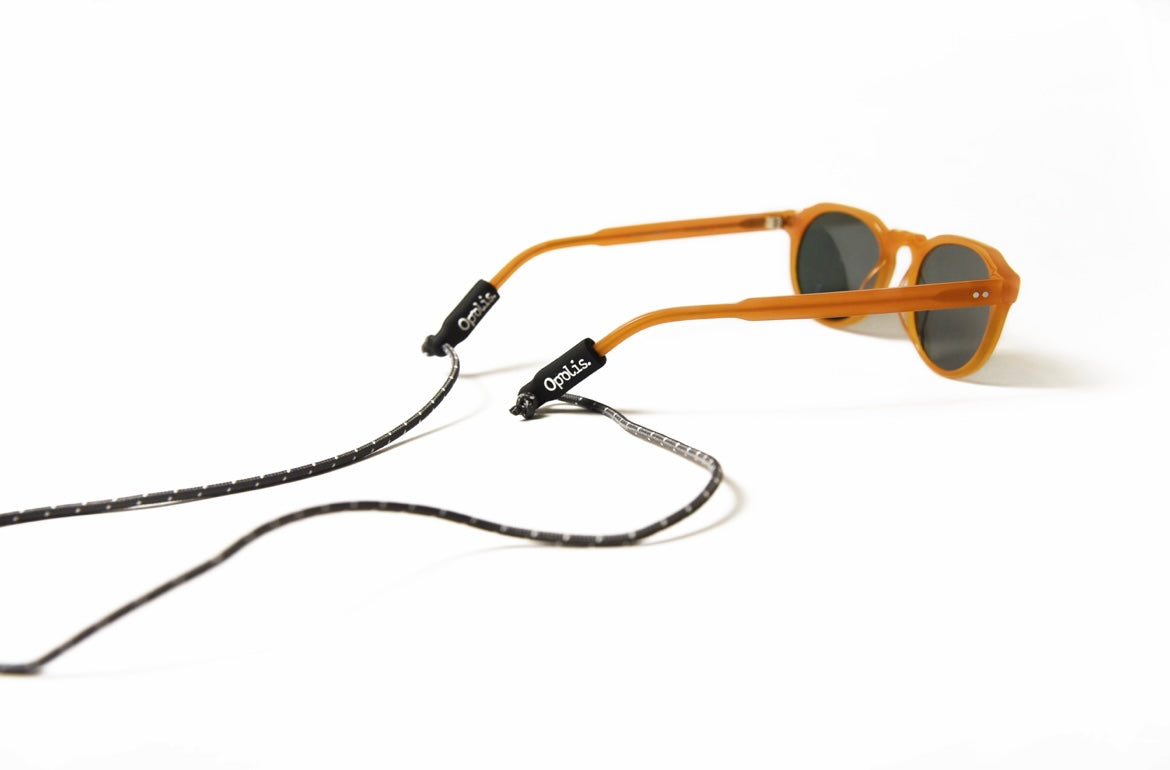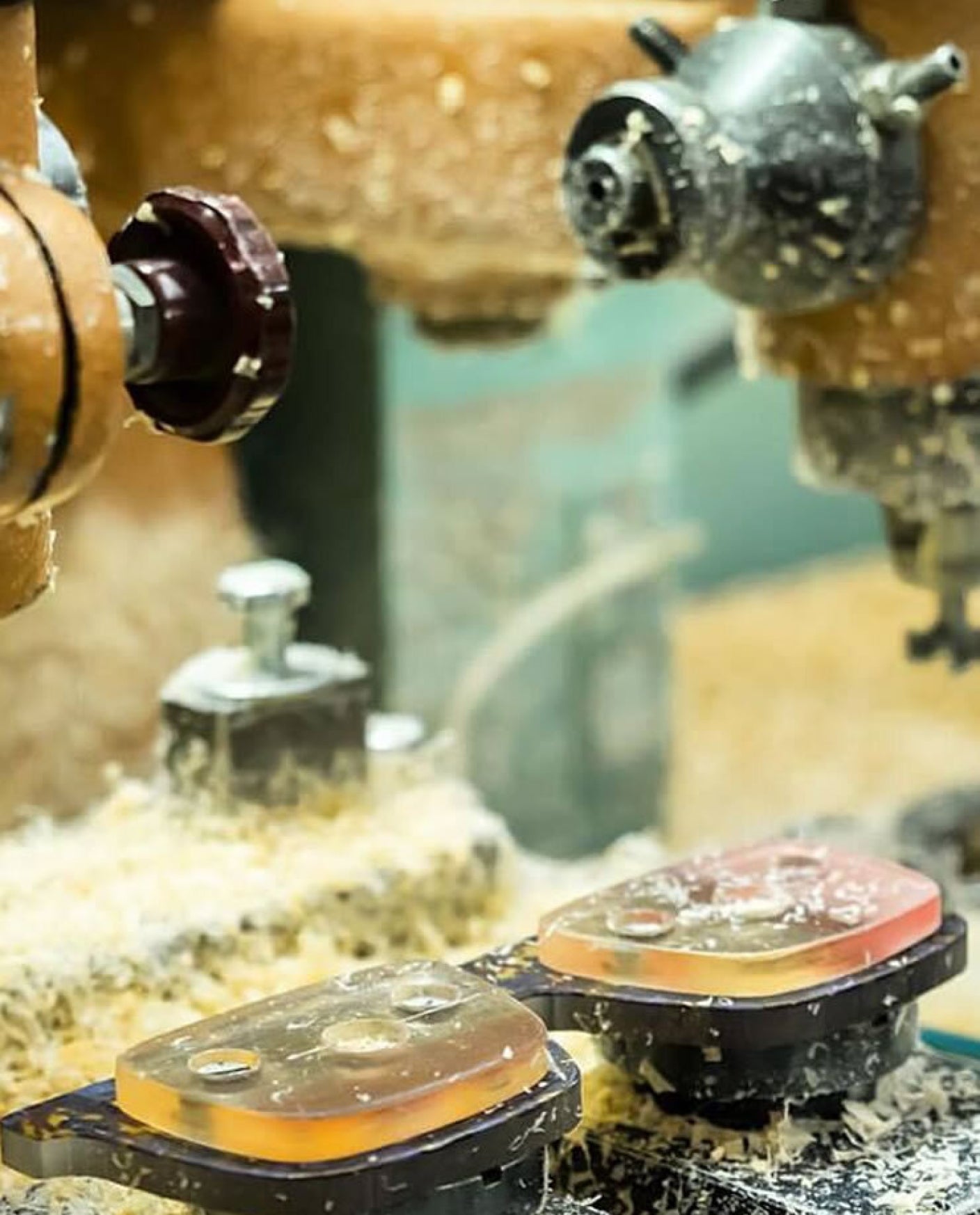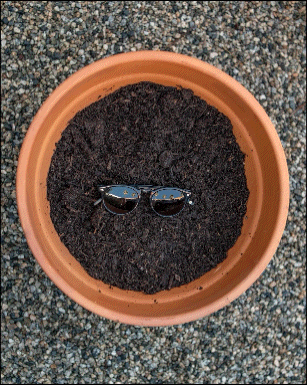Wake up and smell the acetate! Acetate is the main hardware ingredient in most high-end eyewear. Although durable and picturesque, its roots are far from green…
To make acetate, you need plasticizers: a substance often added to materials to make them more pliable. Unfortunately, plasticizers are petroleum-based. The material itself is not only harmful to the environment, but requires an increased CO2 output within its production. Now, as a growing number of companies have started to work green initiatives into their business models, they’re looking for a way to pivot.
Acetate’s back, baby – this time with a twist. And fewer carbon emissions! Enter Bio-Acetate, a group of plant-based polymers made from natural materials such as hemp, red pulp, and cotton seeds. From these sources, the purest parts are extracted and turned into a powder, unlike acetate’s oil-based derivatives. Through the amazing efforts of our supplier, we have found a way to replace phthalate-based plasticizers with organic additives.
Does this make Bio-Acetate the be-all, end-all of sustainable materials? Of course not. But it is a move in the right direction. And at Opolis, we are in it for the long haul.




































